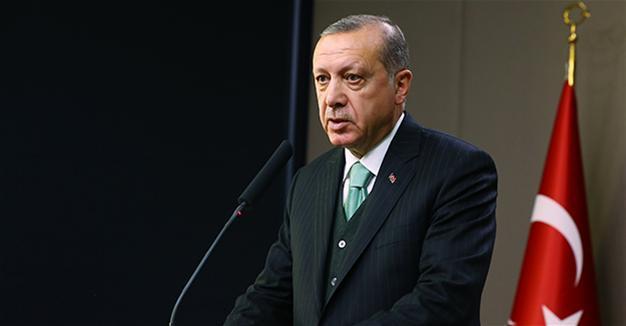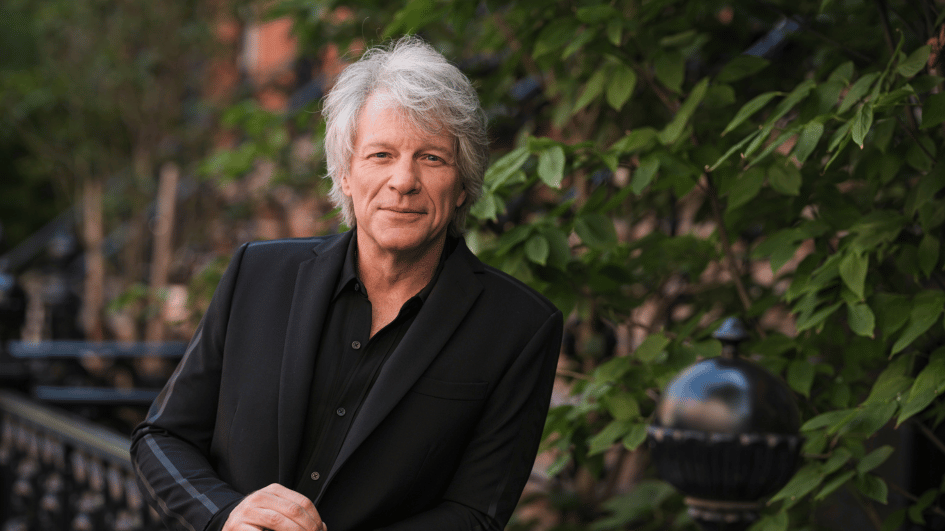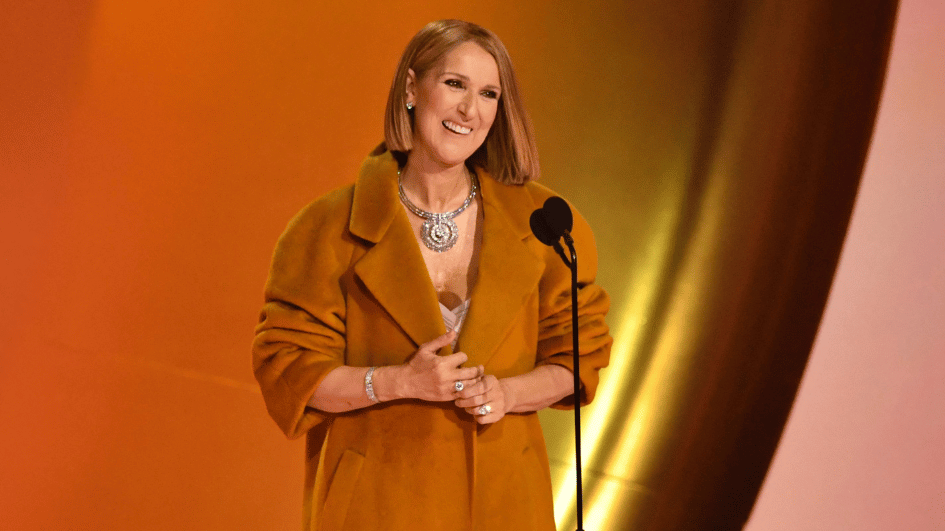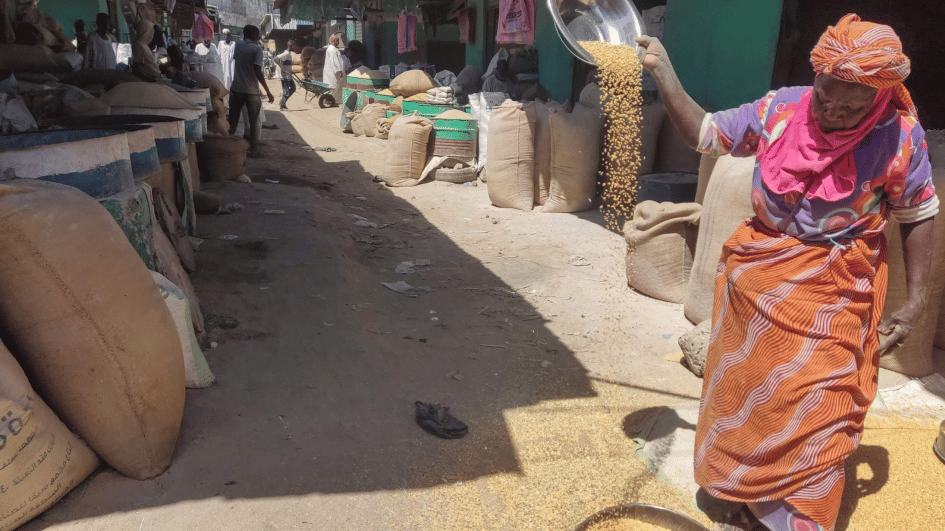EU cannot treat Turkey like a beggar: President Erdoğan
Sevil Erkuş - ANKARA

AA photo
President Recep Tayyip Erdoğan will meet European Council President Donald Tusk and European Commission President Jean-Claude Juncker on May 25 on the sidelines of a NATO meeting in Brussels, as they bid to calm recent bilateral strife and inject some positivity into the ties.The EU cannot perceive Turkey as a beggar at its door but should instead decide on the union’s future perspective with regards to its membership, Erdoğan said.
“We don’t aim to break away from the EU, but the EU shall take its responsibilities, too. The EU cannot see Turkey [as] a beggar. It does not have such a right... that’s what we’ll tell them,” Erdoğan told reporters before he departed for Brussels on May 24.
Erdoğan said he would ask EU officials about their vision regarding Turkey’s membership in the union, noting that the bloc appeared to favor Turkey’s “withdrawal from the negotiation talks of its own accord.”
“We say that if you have that [opinion], you make the decision. We won’t make the job more difficult,” he said.
Ankara has been doing its best to meet the EU’s acquis communitaire and expects a return from the union, Erdoğan said.
Relations between the bloc and Ankara took a hit after the failed July 2016 coup attempt and worsened further during the latter’s campaign for last month’s referendum on constitutional amendments.
The meeting aims to bury tension and set a positive but realistic agenda between Ankara and Brussels so that ministers and officials can continue to work on practical issues, a Turkish official told the Hürriyet Daily News.
Erdoğan was disappointed about the EU’s failure to open a new negotiation chapter for Turkey’s accession process despite a previous commitment by Juncker, the official said, speaking on condition of anonymity. However, the current climate in the EU is not promising for the opening new chapters or policy areas with Turkey, amid the objection of several member states.
The Turkish president had earlier said Brussels had “no other option” than to open new chapters in Ankara’s long-stalled accession talks, which began in 2005 but have progressed at a snail’s pace due to concerns over its human rights record, blockage by Greek Cyprus, and reluctance among some European countries to admit a largely Muslim nation.
Erdoğan stated that Ankara would reconsider its position on joining the bloc if it was kept waiting much longer and if the current “hostile mentality” of some member states persists.
Visa liberalization another source of tension
Ankara and Brussels are expected to focus on upgrading the Customs Union and implementing the refugee deal if the meeting of the leaders produces a positive outcome.
A March 2016 deal to stop migration through illegal channels in the Aegean by cracking down on human traffickers and improving the conditions of nearly 3 million Syrian refugees in Turkey has also become a source of tension between the bloc and Ankara.
Under the agreement, Ankara agreed to take back all Syrians who crossed to the Greek islands illegally from Turkey, and the EU promised to take in the same number of Syrian refugees from Turkey. The agreement also called for a visa waiver for Turks visiting the EU.
While the plan successfully reduced refugee flows, the European Commission demanded that Ankara fulfill “five plus two” outstanding criteria out of a total of 72, including “revising legislation and practices on terrorism in line with European standards” in order to move on visa liberalization for Turkish citizens.
Visa-free access to the EU has been delayed due to a dispute over Turkey’s anti-terror laws. In the meantime, Ankara has repeatedly warned that it will walk away from the agreement to accept refugees heading to Europe unless the EU agrees to waive visa restrictions.
Ankara has studied the five remaining benchmarks, while saying that the other two criteria – biometric passports and readmission – are partially fulfilled.
Turkey has prepared a road map proposal for the remaining five benchmarks, including the revision of its anti-terror laws, but it delayed submitting the proposal to Brussels in December 2016 after a terror attack in the Istanbul district of Beşiktaş in 2016.
[HH] Upgrading Customs Union is at risk
Turkey and the EU have been working on upgrading a current Customs Union agreement on industrial goods by expanding it to agriculture products, services and public procurements. The European Commission notified the European Council that it was ready to negotiate with Turkey and duly called for a mandate in late 2016.
Ankara was hoping that the European Council would approve the mandate in the first half of 2017 so that it could begin negotiations with the European Commission by July 1, when the Estonian term presidency will begin. But recent tension has created a number of difficulties in advancing the process, along with Greek Cypriot warnings that it would not pave the way unless Ankara implements the Ankara protocol to open its ports to Greek Cypriot ships.
The Turkish government has long been asking to hold a summit with the bloc’s leaders, but it has been delayed due to national elections in France and Germany. The parties plan to hold such a meeting after Germany’s general election in September.
















